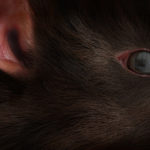
WIRED: Process of Elimination
A deep dive into the inception of the Genetic Biocontrol of Invasive Rodents (GBIRd) program, this article in WIRED details how Karl Campbell of Island Conservation came across GES Co-Director Fred Gould's research suggesting that the genetic engineering techniques being used to manage insect populations could also be applied to other species, like rodents. And then, what happened when CRISPR came along....
Jennifer Kuzma on Institute for Emerging Issues First in Future podcast
December 12, 2017 Dr. Jennifer Kuzma speaks with Leslie Boney, Director of the Institute for Emerging Issues (IEI) at NC State on the First in Future podcast. In this pod, Dr. Kuzma discusses gene edited...Continue reading "Jennifer Kuzma on Institute for Emerging Issues First in Future podcast"
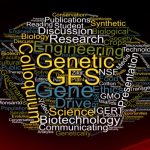
Gene Drives and Responsible Innovation
It is not often that a new technology is at once hailed as a potential solution to pandemic disease, wildlife conservation and hunger, while also being feared as a potential military and environmental “bioweapon.” Gene drives,...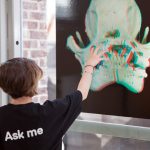
Our (Possible) Genetic Futures
As crowds poured into Raleigh’s contemporary art museum during the April 2017 art walk, one white wall began to fill with hand-written messages scribbled on neon Post-It notes. Above was a sign: Write down one word describing how you feel about your genetic future....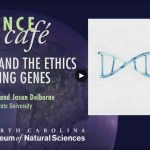
Godwin and Delborne discuss CRISPR and ethics at NC Museum of Science
GES faculty John Godwin and Jason Delborne were at the NC Museum of History on 9.28.17 discussing genetic biocontrol of pest populations, such as CRISPR gene drives to eliminate invasive rodents from islands to protect endangered seabirds. See PowerPoint presentation & livestream video (including slides)....Continue reading "Godwin and Delborne discuss CRISPR and ethics at NC Museum of Science"

Scientific American article on public acceptance of CRISPR features Delborne and Kuzma
“Without transparency, we might see a kind of hyperpolarization,” says Jason Delborne, a professor of science, policy and society at North Carolina State University. Concerned groups will feel marginalized, and advocates won't receive critical feedback needed to improve design and safety. “This puts the technology at risk of a knee-jerk moratorium at the first sign of difficulty,” he notes....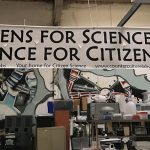
Upgrading Biosafety and Biosecurity: Open Philanthropy awards $700K for DIYbio
“For the last six years, Todd and I have been exploring the best ways to ensure the healthy growth of community labs as safe and secure resources for public education and biotech innovation,” says Grushkin. “This grant will help us codify best practices in these often unconventional spaces.”...Continue reading "Upgrading Biosafety and Biosecurity: Open Philanthropy awards $700K for DIYbio"
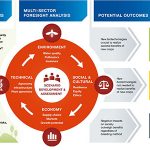
Kuzma examines benefits, regulation of gene edited crops in EMBO
In this article, published by EMBOpress, researchers look at how new genetic-engineering (GE) technologies based on gene editing can help to generate crop varieties to address critical challenges in agricultural development. However, governance systems for these crops are poorly defined and currently uncertain....Continue reading "Kuzma examines benefits, regulation of gene edited crops in EMBO"
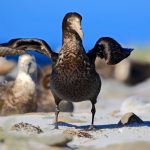
NC State Receives DARPA Funding to Develop, Test Gene Drive System
For Immediate Release August 3, 2017 John Godwin | 919.513.2936 North Carolina State University researchers have received funding from the Defense Advanced Research Projects Agency (DARPA) to develop and test a system that would reduce populations of...Continue reading "NC State Receives DARPA Funding to Develop, Test Gene Drive System"
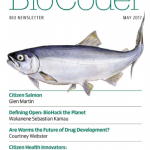
Todd Kuiken in BioCoder: Citizen Health Innovators
They say that necessity is the mother of invention. Many would argue that their greatest necessity is health. So what happens when treatments are ineffective or unavailable? Today, in the age of crowdfunding, some people are taking matters into their own hands and developing their own treatments, including surgical techniques, gene therapies and molecular therapies. GES Senior Research Scholar Dr. Todd Kuiken, together with international science policy expert Eleonore Pauwels, of The Wilson Center, explores the risks, regulatory issues, and implications of the emerging DIY, "patient-powered" health research movement in the Spring 2017 issue of BioCoder....Continue reading "Todd Kuiken in BioCoder: Citizen Health Innovators"
OECD Co-operative Research Programme Funded Workshop
Environmental Release of Engineered Pests: Building an International Governance Framework October 5 – 6, 2016 Agenda Download PDF Impetus for the Workshop There has been intense research and development of new gene drive technologies, with...Continue reading "OECD Co-operative Research Programme Funded Workshop"